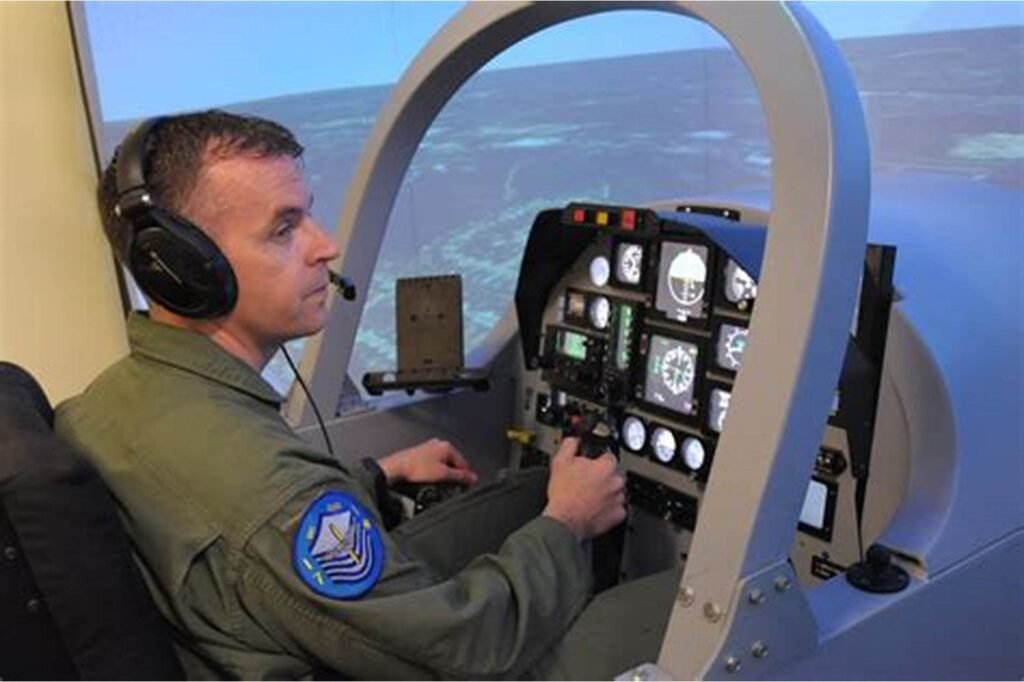In the rapidly evolving aviation industry, continuing education plays a pivotal role in ensuring pilots maintain their skills and adapt to new advancements. It not only helps pilots stay updated with the latest technologies and regulations but also enhances flight safety. Here’s why ongoing education is a critical aspect of a pilot’s career.
1. Keeping Up with Technological Advancements
Aviation technology is constantly improving, with innovations such as advanced cockpit systems, automated navigation tools, and improved safety equipment. Continuing education ensures pilots can effectively operate new systems and adapt to the evolving technological landscape.
For instance, transitioning from older aircraft models to modern ones often requires comprehensive training. By staying informed, pilots maintain their proficiency and comfort with advanced systems.
2. Understanding Changing Regulations
The aviation industry is governed by strict regulations, which are frequently updated to address new safety concerns and operational practices. Continuing education helps pilots stay informed about changes in aviation laws, air traffic procedures, and safety protocols.
This knowledge ensures compliance with legal requirements, protecting both passengers and the airline’s reputation.
3. Enhancing Safety and Risk Management Skills
One of the primary goals of continuing education is to improve flight safety. Through recurrent training, pilots refresh their skills in areas like emergency response, weather interpretation, and decision-making under pressure.
Specialized courses on risk assessment and accident prevention further equip pilots to handle unexpected situations confidently and effectively.
4. Adapting to New Challenges in Aviation
The aviation sector faces new challenges, such as increased air traffic, environmental considerations, and cybersecurity threats. Continuing education allows pilots to gain insights into these issues and learn strategies to address them.
For example, courses on sustainable aviation practices and fuel efficiency help pilots contribute to reducing the industry’s environmental impact.
5. Building Professional Growth and Career Opportunities
Pursuing continuing education demonstrates a commitment to excellence and professional growth. It can open doors to advanced roles, such as becoming a flight instructor, test pilot, or airline captain.
Additionally, many airlines prioritize candidates who actively engage in skill development and advanced certifications.
6. Enhancing Crew Resource Management (CRM) Skills
Continuing education often includes training in Crew Resource Management, emphasizing teamwork, communication, and problem-solving within a cockpit environment. These skills are vital for ensuring smooth operations and effective collaboration among crew members.

7. Staying Competitive in a Dynamic Industry
As the aviation industry grows, competition among pilots increases. Keeping credentials updated and acquiring new certifications through continuing education help pilots stand out in a competitive job market.
Whether it’s gaining expertise in flying new aircraft models or acquiring international certifications, these efforts demonstrate a pilot’s dedication to their craft.
8. Ensuring Personal Confidence and Passenger Trust
Pilots who engage in regular training feel more confident in their abilities, which translates into better decision-making and stress management. This confidence also reassures passengers, building trust in the safety and reliability of air travel.
Conclusion
Continuing education is essential for pilots to remain effective, adaptable, and competitive in the aviation industry. From mastering new technologies to enhancing safety protocols, ongoing learning ensures pilots deliver the highest standards of service and safety. By prioritizing professional development, pilots not only advance their careers but also contribute to the overall success of the aviation industry.









